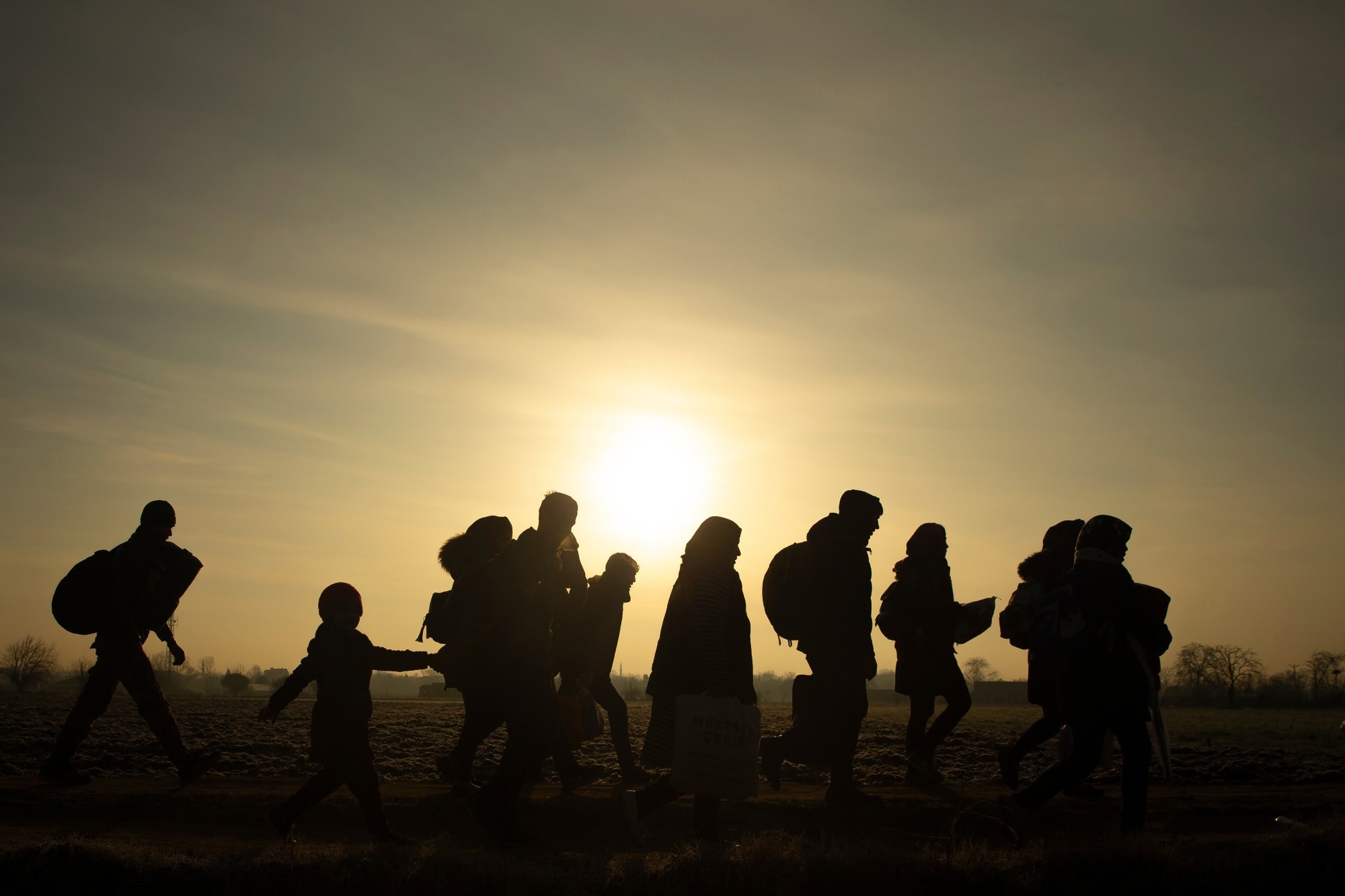Recent estimates indicate that one in eight individuals, which amounts to approximately one billion people throughout the world, are internally displaced, migrants, or refugees.
Despite the movement of people being greater than ever before, research on the health needs of these individuals is not extensive, which undermines the United Nations Sustainable Development Goals and the Triple Billion Targets.
Addressing this gap in research, the World Health Organization (WHO) Department of Health and Migration has published a first of its kind report meant to be a roadmap for building inclusive and responsive healthcare systems for people who have been displaced.
 Study: Global research agenda on health, migration and displacement: strengthening research and translating research priorities into policy and practice. Image Credit: Lumiereist / Shutterstock.com
Study: Global research agenda on health, migration and displacement: strengthening research and translating research priorities into policy and practice. Image Credit: Lumiereist / Shutterstock.com
Objectives of the new research agenda
One of the main aims of the global research agenda is to foster displacement, health, and migration research as a global priority and build research capacity. Another aim is to strengthen the generation of knowledge for action and policymaking. Additional objectives of the research agenda are centered around translating research into policy and encouraging collaboration across sectors.
Key aspects of the global research agenda
The new research agenda delineates the priorities for research over the next five years. Notably, this agenda was developed with input from over 180 stakeholders across various regions with expertise in displacement, migration, and health.
More specifically, these stakeholders spanned local, regional, and national jurisdictions and worked in civil society organizations (CSOs), academia, and United Nations agencies. These individuals participated in a series of prioritization exercises and participatory consultations in 2022 and 2023.
The topics comprising the agenda are set under five research themes ranging from models of health financing, the effects of working and living conditions, as well as models of universal healthcare. The first core research theme was the generation of evidence on inclusive universal health coverage (UHC) and primary health coverage (PHC) for migrants, displaced persons, and refugees.
The second core research theme was to augment the generation of knowledge on the inclusion of displaced persons, migrants, and refugees in the level of preparedness and response to health-related emergencies. The third core theme was to produce cross-sectoral research aimed at understanding the determinants of refugees, the health of migrants, and other displaced persons.
The fourth and fifth research themes involve gathering more information on under-researched groups and bolstering the collaboration in research and the translation of evidence into policy, respectively. Another key aspect of the research agenda is the inclusion of a toolkit and implementation guide, both of which are adaptable and can be used applied to national, regional, and local levels.
Target audience of the research agenda and scope
The target audience for the agenda is wide ranging but primarily includes member states of the United Nations, non-governmental organizations (NGOs), CSOs, academic institutions, researchers, research funders, and international organizations. The priority research topics are applicable to varying geographical regions and migration contexts.
The agenda should be deployed as a framework for future research and prioritization by United Nations agencies and other organizations. This agenda does not cover specific refugee, migrant, or displaced population issues, nor does it cover specific policy contexts, geographical regions, or disease categories that could pertain to certain migration contexts.
Importantly, these issues should be adapted and expanded at local or regional levels for their mitigation. The additional Implementation Guide and Toolkit provided with the research agenda should aid in this adaptation.
Why is this important?
The publication of this research agenda is an important step, as it is expected to raise research efforts and investment that will ultimately improve the often dire health needs of displaced populations. Moreover, this agenda is expected to aid in the rapid translation of research findings into policymaking and planning by member states and United Nations agencies.
The agenda should also enable all stakeholders to detect knowledge gaps at the local, regional, and national levels. This should allow policymakers to devise more responsive and inclusive healthcare systems for displaced populations, migrants, and refugees.
Journal reference:
- Global research agenda on health, migration and displacement: strengthening research and translating research priorities into policy and practice. Geneva: World Health Organization; 2023. Licence: CC BY-NCSA 3.0 IGO. Accessed from: https://www.who.int/publications/i/item/9789240082397.